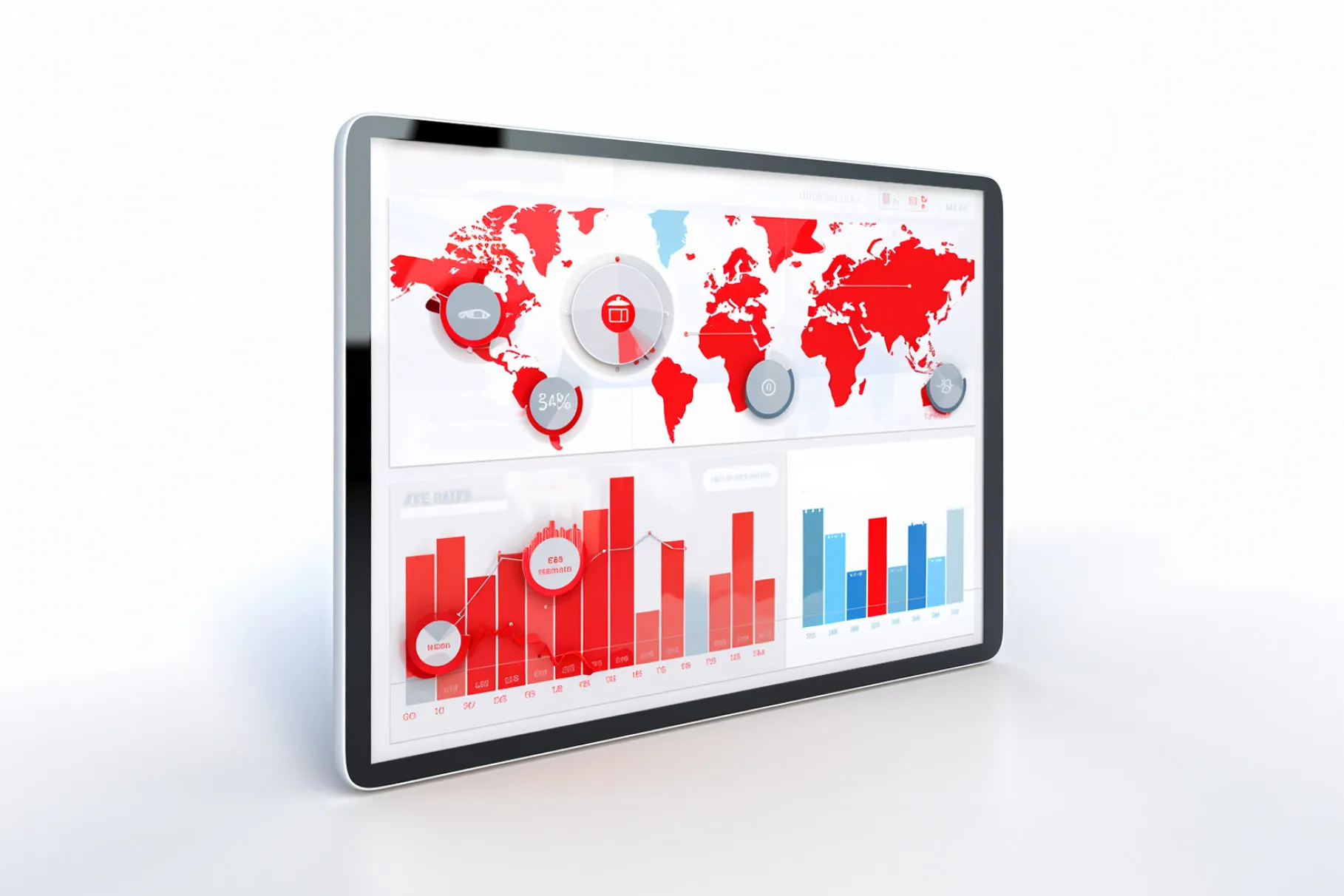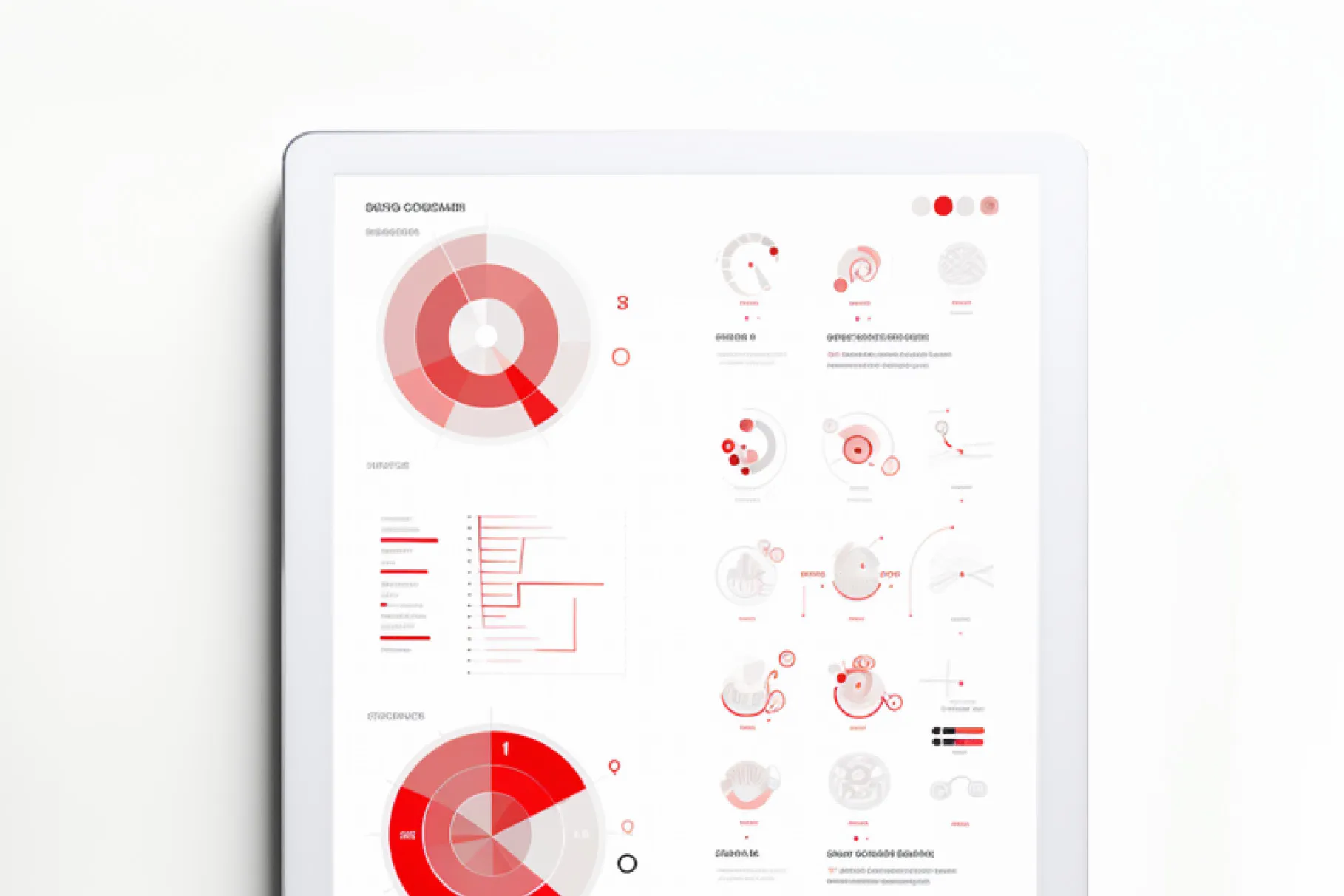Digital transformation is a long game
These changes, though fast, are expected to last. During this period, organizations are looking into digitalization investments that will allow them to better thrive in the post-pandemic world and beyond.
Such investments – from end-to-end digital solutions to data security, migration to the cloud and more – usually have a positive transformative effect, which is the power to entirely change the way organizations work and add value to people’s lives.
An EY 2021 report observes that organizations worldwide must “sustain change beyond the extraordinary circumstances that the pandemic has created and ensure their hard-won digital transformation progress doesn’t go to waste”.
This is because the crisis has beckoned just “the start of a real, holistic and effective digital transformation, not the end”.
Organizations must seize this moment to improve resilience by understanding the strategic importance of digital, and then leverage it as soon as possible to create long-lasting value.

Organizations have accelerated digitalization to adapt to the unprecedented challenges brought by the pandemic.
Digital’s value to public services in the post-pandemic world
In public service delivery specifically, digital can create enduring value particularly in the areas of trust, collaboration and insight.
Increasing trust
The pandemic isn’t just a health crisis; it is also an information crisis – or infodemic.
UNESCO’s lead official on the subject of disinformation, Guy Berger, explained in an interview with UN News: “There seems to be barely an area left untouched by disinformation in relation to the Covid-19 crisis. The grave danger is that information which is based on truth, ends up having only marginal impact.”
Hence, managing the Covid-19 infodemic has become the norm today. Countries such as France, Italy, Australia and Latvia now use digital, too, to update the public on the latest, most accurate news. Their digital interventions include verified channels, social media and chatbots – all with a mission to deliver trusted information, which is now greatly, if not urgently, needed.
Another way to build trust in a community is to provide avenues for stronger and sustained civic engagement. Examples of these are online forums and reporting portals, where people can send alerts on minor crimes, damaged public property or gaps in public services – and feel heard.

Cities can encourage civic engagement via city reporting apps, where the public are encouraged to report issues or leave feedback.
Strengthening collaboration
Singapore’s digitalization efforts include gradually moving up to 70% of its public service ICT systems to the cloud. This way, different agencies can access an ecosystem of ready-made apps and develop new solutions from them.
That is how Singapore could quickly roll out Covid-19 digital initiatives such as an official WhatsApp channel for mass communication and digital contact tracing tools – these have been developed from existing services by tech companies like Google and Amazon.
Cloud is thus at the heart of collaboration. When integrated with the cloud, digital solutions can also allow different parties to work together as a whole rather than in silos. This reduces redundancy, time and costs.
An example of such a solution is Coherence Business Licensing, which connects different agencies on a singular platform to approve business operations. A childcare center just setting up, for instance, can then simply access this platform to register for multiple licenses at once across various agencies such as food safety, education and estate management.

CrimsonLogic Business Registration & Licensing makes it easy for businesses requiring several licenses across multiple agencies, such as childcare centres, to start operations.
Gaining insight
Digitalized public services collect a wealth of precious data. The data hold insights into the needs of the populace, which is crucial for shaping effective services and policies.
The pandemic, for example, has increased calls for insights into unemployment and social security needs. One case study is Austria, which is retrieving tax data from previous years through its online system to automatically calculate payments to self-employed workers as part of its pandemic income support programme.
Insights are best arrived at by connecting the dots. Digital solutions like the CrimsonLogic Data Exchange Platform enable streamlined information exchange among agencies and help them to manage shared data securely and effectively.
Data management is especially important for public trust. And with the ability to manage and share data safely and seamlessly, agencies can also better discern needs by looking into and across information gathered from diverse sectors.

CrimsonLogic Data Exchange Platform allows agencies to share data and unlock insights for better public services.
Towards people-centric digital public services
Trust, collaboration, insight: these values focus on a sense of community and security, effective teamwork and meeting needs. By centering these values, public sector organizations can pave the way towards delivering people-centric digital public services.
In the post-pandemic world, wellbeing will become an even more significant pursuit. People-centric digital transformation embraces the idea that wellbeing and technology are linked. Digital must always work for the people and for public value, instead of the other way around.
Is your organization taking a people-centric approach to its digital transformation?
How can you digitalize with your stakeholders’ best interests in mind and better prepare for the post-pandemic world? Get in touch with us to explore your next steps.


